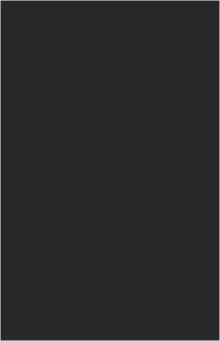
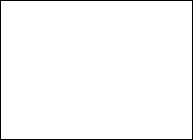

Is The Teaching Profession so Black & White?
Medical
Left Wing Education [2-5]
CHAPTER
Medical MENU
Parent Site: http://paragon.myvnc.com Paragon Publications UK

Left Wing Education
Praise: Again, in no other area of social life are people constantly under scrutiny, and subject to highly consequential judgement. Almost every minute of every day, students (and, more recently, teachers) are being judged for their performance – seeking praise, avoiding condemnation.
Power: Jackson reminds us that only prisons and mental institutions – and schools – coerce people to be confined. In school, “the divisions between the weak and the powerful are clearly drawn”. The authority of the teacher determines much of the wellbeing and the conditions of life of the confined students. Most relationships are defined by power.
In sum, there is nothing natural about a classroom. It is fashioned around these three key and unusual characteristics, pulled this way and that as students and teachers negotiate their way and manage the persistent, underlying tensions. Each and every student must “come to grips with the inevitability of [their] experience”. Jackson called this the hidden curriculum of schooling – the underlying and underpinning reality of what is being taught and learned in school. Whatever the geography, the maths, the biology and the history, students are learning above all how to manage in controlled, institutional environments. They are learning who they can and cannot be.
You may imagine, and you may be right, that this leaves little time for teaching and learning to assert themselves as the key reality of schooling. In fact, Jackson, as others since, points out the obvious – that learning is a process that is so demanding in itself that it has to be reduced to two possibilities: one, that it becomes a repetitive routine, humdrum and unremarkable; the other, that it is reduced to rare moments when energies can be intensified and burned up like the phosphorous in a match. This is why schooling celebrates the mean, aims for mediocrity. Anything else is too disruptive, too expensive of calories and control. Possibly the most surprising of examples is the music conservatoire which is, against many people’s expectations, designed to produce the next generation of compliant orchestral players, the average music worker, not the soloist, the creative improviser, the free expressionist. These latter are too expensive in both calories and control. You cannot have both order and self-expression.
Nothing since has modified Jackson’s insights. Of course, government educational policy is relentless in refuting it, insistent that schools and classrooms revolve around teaching and learning, and that all the paraphernalia Jackson describes as the real substance of schooling are merely supportive or interrupting of the pedagogical effort.
In fact, its insistence reveals another area of perilous mythology around the institution of schooling. That teaching is a determinant of learning.
It is too easy to assume without question that teachers are responsible for student learning. More than this, we often assume, as does educational policy, that what is taught is what is learned. This is convenient. It allows us to think of learning as a causal process – that teaching gives rise to learning. [Causality: A leads to B; B is a result of A] This way teaching and learning can be subject to measurement, scrutiny and judgement. Did this teaching lead to the expected learning? If not, our tolerance is tested.
There is, in fact, almost nothing in the history of educational research to suggest anything other than that teaching may be just one element of learning and that the relationship between what is taught and what is learned is tenuous at best. Of course, teachers do far more than teach, and this is why schools can be successful in promoting education. But as for formal teaching and learning, here are two common (not universally acclaimed) research conclusions:
Power: Jackson reminds us that only prisons and mental institutions – and schools – coerce people to be confined. In school, “the divisions between the weak and the powerful are clearly drawn”. The authority of the teacher determines much of the wellbeing and the conditions of life of the confined students. Most relationships are defined by power.
In sum, there is nothing natural about a classroom. It is fashioned around these three key and unusual characteristics, pulled this way and that as students and teachers negotiate their way and manage the persistent, underlying tensions. Each and every student must “come to grips with the inevitability of [their] experience”. Jackson called this the hidden curriculum of schooling – the underlying and underpinning reality of what is being taught and learned in school. Whatever the geography, the maths, the biology and the history, students are learning above all how to manage in controlled, institutional environments. They are learning who they can and cannot be.
You may imagine, and you may be right, that this leaves little time for teaching and learning to assert themselves as the key reality of schooling. In fact, Jackson, as others since, points out the obvious – that learning is a process that is so demanding in itself that it has to be reduced to two possibilities: one, that it becomes a repetitive routine, humdrum and unremarkable; the other, that it is reduced to rare moments when energies can be intensified and burned up like the phosphorous in a match. This is why schooling celebrates the mean, aims for mediocrity. Anything else is too disruptive, too expensive of calories and control. Possibly the most surprising of examples is the music conservatoire which is, against many people’s expectations, designed to produce the next generation of compliant orchestral players, the average music worker, not the soloist, the creative improviser, the free expressionist. These latter are too expensive in both calories and control. You cannot have both order and self-expression.
Nothing since has modified Jackson’s insights. Of course, government educational policy is relentless in refuting it, insistent that schools and classrooms revolve around teaching and learning, and that all the paraphernalia Jackson describes as the real substance of schooling are merely supportive or interrupting of the pedagogical effort.
In fact, its insistence reveals another area of perilous mythology around the institution of schooling. That teaching is a determinant of learning.
It is too easy to assume without question that teachers are responsible for student learning. More than this, we often assume, as does educational policy, that what is taught is what is learned. This is convenient. It allows us to think of learning as a causal process – that teaching gives rise to learning. [Causality: A leads to B; B is a result of A] This way teaching and learning can be subject to measurement, scrutiny and judgement. Did this teaching lead to the expected learning? If not, our tolerance is tested.
There is, in fact, almost nothing in the history of educational research to suggest anything other than that teaching may be just one element of learning and that the relationship between what is taught and what is learned is tenuous at best. Of course, teachers do far more than teach, and this is why schools can be successful in promoting education. But as for formal teaching and learning, here are two common (not universally acclaimed) research conclusions:
A. Knowledge that is learned in intensive bouts, such as for revision for exams, has a short half-life. For learning (knowledge) to be embedded seems to require longer periods of deliberation and assimilation.
B. There is a psychological tendency for a student to resist an attempt by a teacher to correct a ‘wrong’ thought. The student may show that they have accepted a corrected version, demonstrate it in an examination, but secretly or implicitly hold on to their original belief.
The point about both of these is that there are two (at least) worlds of learning: one, the world in which the student shows compliance to fit in with the schemes of teachers; the other, where the student accepts new knowledge so long as it fits with their own world-view. Where we measure the quality of education (learning) with measurement – tests and exams – we are tapping into the first of these worlds and often denying ourselves access to the second.
In fact, more radical than this, teaching becomes a site of tension and negotiation between teachers and students. We cannot rest on the assumption – no matter how elegant, attractive and easy it is – that what is taught is what is learned. Not even that teaching itself is a main determinant of what is learned, because it often is not.
§§§§
So. What we have here, I hope, is a sense of the shifting, unstable nature of educational foundations, and a shifting ground on which the Right and the Left can pitch their tents. This is only the beginning, of course, and the rest is just as complex, as we will see. But as a starting point, what I am saying in this Blog is that we have to look at education in terms of student rights, complex realities and paradoxes, in terms of our own prejudices and interests and, above all, with our eyes open and our hearts receptive. We inevitably enter into an ideological field. As we confront and resolve the difficult paradoxes and dilemmas posed above we will reveal in ourselves both Right and Left thinking – and that is to be expected. We should be unafraid of contemplating how our own ideological leanings allow us to see certain things and disallow others. We should not be afraid of argument over principles, and we should, have more of a taste than we currently allow ourselves to submit our and other’s educational views to scrutiny and contestation.
When I talk about Right- and Left-wing approaches to education I am not preaching one against the other. What I am doing, faithful to the aims of this Blog, is to provoke argument by presenting alternative narratives and sometimes surprising analysis that may go against a trend in thinking. To be clear, I SEE MYSELF AS NEITHER RIGHT NOR LEFT WING. In fact, I suspect my views are, in educational terms, too reformist to fit easily into either. My concern here is, as I say, to provoke democratic argument. So, as you read the following Blogs I invite you to argue – not least, with me.
B. There is a psychological tendency for a student to resist an attempt by a teacher to correct a ‘wrong’ thought. The student may show that they have accepted a corrected version, demonstrate it in an examination, but secretly or implicitly hold on to their original belief.
The point about both of these is that there are two (at least) worlds of learning: one, the world in which the student shows compliance to fit in with the schemes of teachers; the other, where the student accepts new knowledge so long as it fits with their own world-view. Where we measure the quality of education (learning) with measurement – tests and exams – we are tapping into the first of these worlds and often denying ourselves access to the second.
In fact, more radical than this, teaching becomes a site of tension and negotiation between teachers and students. We cannot rest on the assumption – no matter how elegant, attractive and easy it is – that what is taught is what is learned. Not even that teaching itself is a main determinant of what is learned, because it often is not.
§§§§
So. What we have here, I hope, is a sense of the shifting, unstable nature of educational foundations, and a shifting ground on which the Right and the Left can pitch their tents. This is only the beginning, of course, and the rest is just as complex, as we will see. But as a starting point, what I am saying in this Blog is that we have to look at education in terms of student rights, complex realities and paradoxes, in terms of our own prejudices and interests and, above all, with our eyes open and our hearts receptive. We inevitably enter into an ideological field. As we confront and resolve the difficult paradoxes and dilemmas posed above we will reveal in ourselves both Right and Left thinking – and that is to be expected. We should be unafraid of contemplating how our own ideological leanings allow us to see certain things and disallow others. We should not be afraid of argument over principles, and we should, have more of a taste than we currently allow ourselves to submit our and other’s educational views to scrutiny and contestation.
When I talk about Right- and Left-wing approaches to education I am not preaching one against the other. What I am doing, faithful to the aims of this Blog, is to provoke argument by presenting alternative narratives and sometimes surprising analysis that may go against a trend in thinking. To be clear, I SEE MYSELF AS NEITHER RIGHT NOR LEFT WING. In fact, I suspect my views are, in educational terms, too reformist to fit easily into either. My concern here is, as I say, to provoke democratic argument. So, as you read the following Blogs I invite you to argue – not least, with me.
Page 1



















